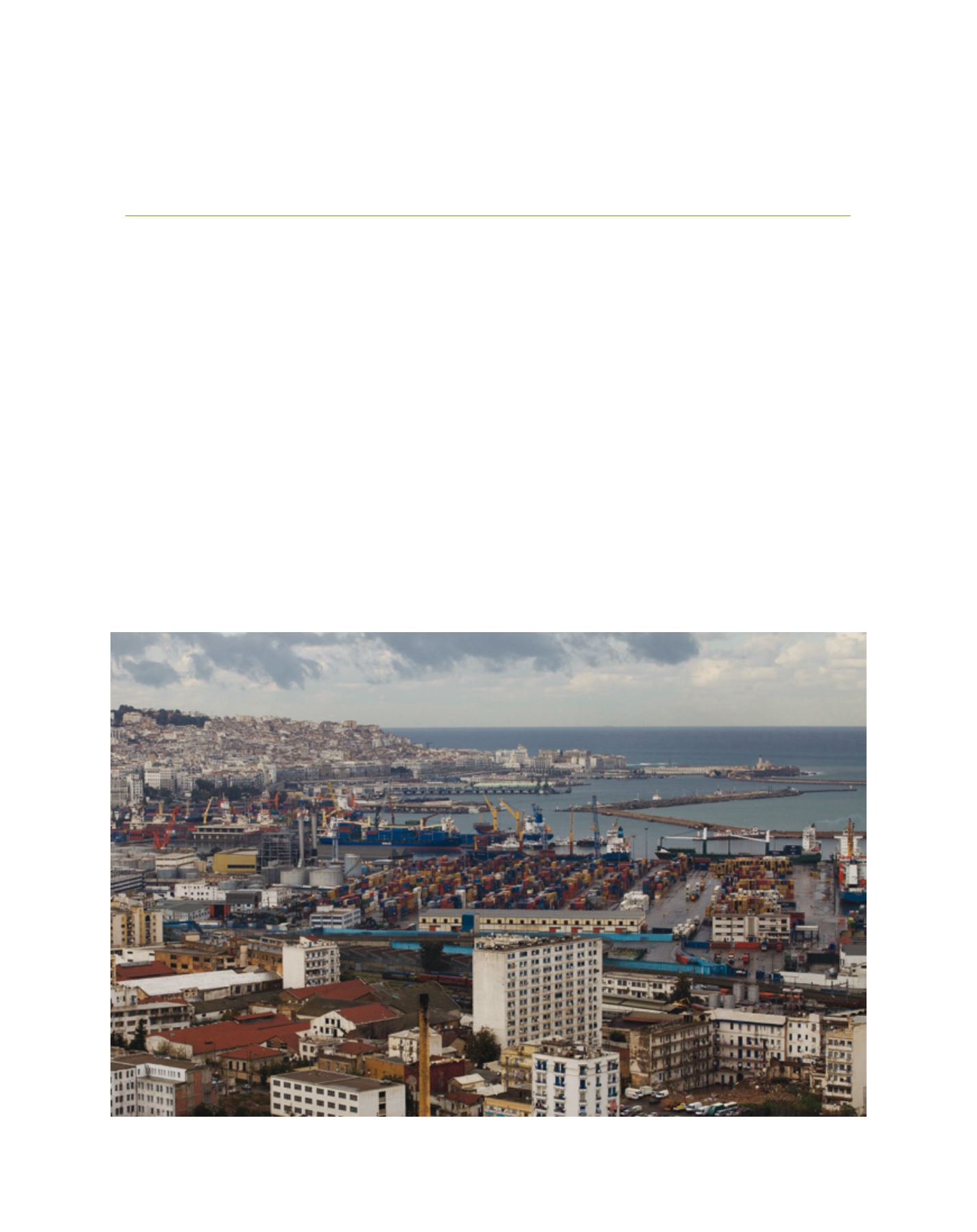

[
] 233
Suez Environnement’s contribution to
water cooperation issues: the case of Algiers
Jean-Louis Chaussade, CEO, Suez Environnement
T
oday, more than one billion people still do not have access
to drinking water and 2.5 billion live without basic sani-
tation. For many years, Suez Environnement has worked
to address the challenge of providing sustainable access to water
and sanitation services, and has supported policy makers in
achieving this goal.
Suez Environnement strongly believes in the “human right to water
and sanitation,” and welcomes the decision made by the United
Nations General Assembly in 2010 to recognize access to drinking
water and sanitation as a fundamental human right. Moreover, the
group is fully behind the Millennium Development Goals, a resolu-
tion adopted in September 2000 by the member states of the UN,
which seeks, among other things, to halve the number of people
without access to drinking water and basic sanitation by 2015.
Since 1990, Suez Environnement has been involved
in facilitating access to drinking water and sanitation
facilities around the world. Through the ‘Water for all’
programme, Suez Environnement has used its expertise
to help implement innovative solutions that are adapted
to specific regional situations and co-developed with the
populations and the local authorities concerned. So far,
the group has given access to drinking water to an addi-
tional 12.8 million people and given access to sanitation
to 6.6 million people.
To achieve this success, Suez Environnement
encourages the establishment of public-private part-
nerships to enlist the help of local stakeholders and
find suitable solutions to the challenges and prob-
lems they face. In line with this, the group facilitates
W
ater
C
ooperation
, S
ustainability
and
P
overty
E
radication
Today, 100 per cent of the water that is distributed in Algiers is drinkable and available 24/7
Image: Suez Environnement, Krista Boggs


















